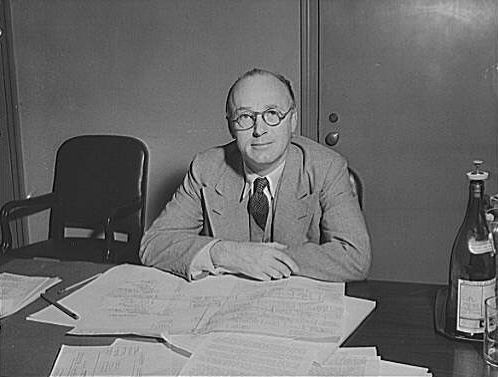
Happy Friday peeps!
I know for a fact I'll miss a lot of names, but here we go.
Here's a list of must-follow accounts with <10K followers:
[THREAD]
1/
@Wexboy_Value
@aaronvalue
@CohoCap
@crossdefault
@keanferdy
@steveclapham
@Fritz844
@GWInvestors
@ChrisDeMuthJr
I know for a fact I'll miss a lot of names, but here we go.
Here's a list of must-follow accounts with <10K followers:
[THREAD]
1/
@Wexboy_Value
@aaronvalue
@CohoCap
@crossdefault
@keanferdy
@steveclapham
@Fritz844
@GWInvestors
@ChrisDeMuthJr
2/
@sebidscap
@TravisWiedower
@LaughingH20Cap
@RedwoodCap
@310Value
@OutsideView_
@MinionCapital
@TaoValue
@AKWilk
@InaTailHedged
@Anrosenblum
@ToddWennalonzoing
@chipperPat
@boskovic64
@Alonzo_CTHG
@CostaVerdeCap
@CurreenCR
@CliffordSosin
@PFHCapital
@sebidscap
@TravisWiedower
@LaughingH20Cap
@RedwoodCap
@310Value
@OutsideView_
@MinionCapital
@TaoValue
@AKWilk
@InaTailHedged
@Anrosenblum
@ToddWennalonzoing
@chipperPat
@boskovic64
@Alonzo_CTHG
@CostaVerdeCap
@CurreenCR
@CliffordSosin
@PFHCapital
3/
@janeo1934
@dirtcheapstocks
@HotlantaCapital
@ClarkSquareCap
@ExpectedValues
@Dan_Roller
@SlingShotCap
@japan_value
@agnostoxxx
@willschoebs
@Price_to_Value
@Bonhoeffer_KDS
@saharainvesting
@4xEbitda
@CacheThatCheque
@MissCompound
@DAG_Investments
@janeo1934
@dirtcheapstocks
@HotlantaCapital
@ClarkSquareCap
@ExpectedValues
@Dan_Roller
@SlingShotCap
@japan_value
@agnostoxxx
@willschoebs
@Price_to_Value
@Bonhoeffer_KDS
@saharainvesting
@4xEbitda
@CacheThatCheque
@MissCompound
@DAG_Investments
4/
@walkertollymore
@Whistlerbumps
@Ricksalin
@WillThrower3
@dscheinm
@cdnvaluestocks
@PenderDave
@icebergdevalor
@Symmetry_Invest
@ashleypaston
@FRValue
@jj_shipley
@BluthCapital
@ebitdaddy90
Who did I miss? Add them below!
@walkertollymore
@Whistlerbumps
@Ricksalin
@WillThrower3
@dscheinm
@cdnvaluestocks
@PenderDave
@icebergdevalor
@Symmetry_Invest
@ashleypaston
@FRValue
@jj_shipley
@BluthCapital
@ebitdaddy90
Who did I miss? Add them below!
Should be @ToddWenning **
• • •
Missing some Tweet in this thread? You can try to
force a refresh






